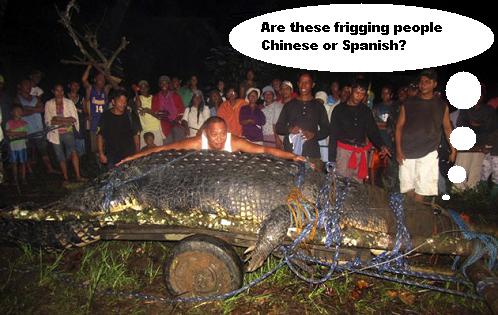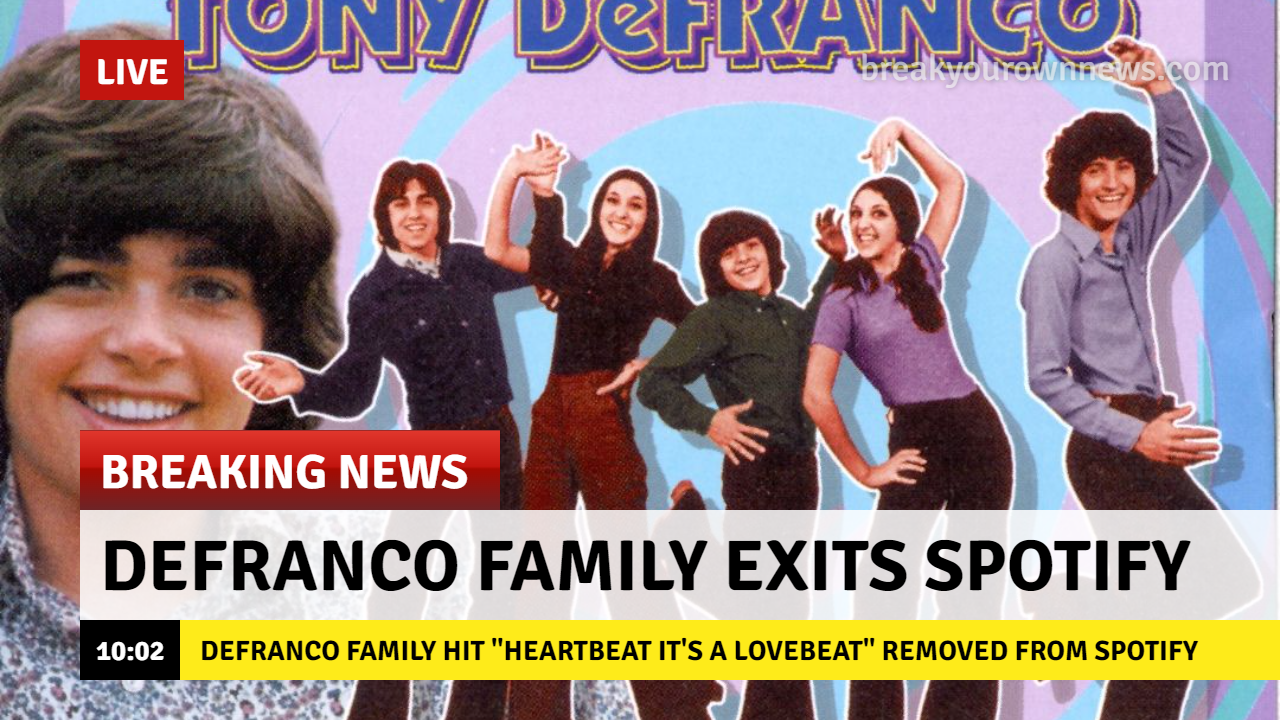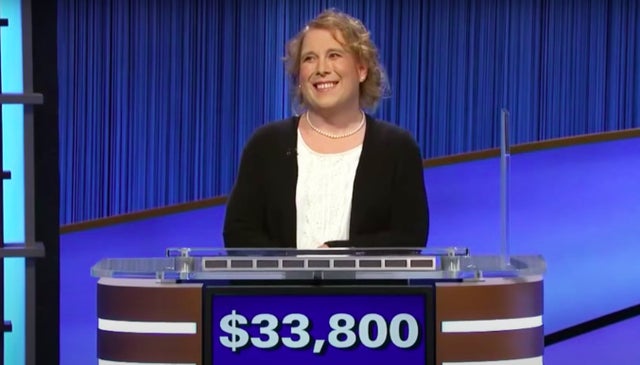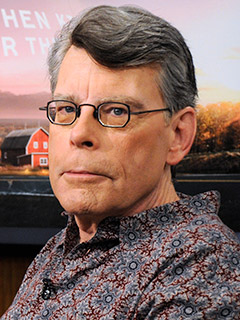“This monster crocodile ate Dr. Gonado’s father 40 days ago, but now he has helped to capture his father’s killer with his own hands. The Gonado family will take the first feces from this crocodile and keep those feces as a memorial to their beloved father. It would take a crocodile about 40 days to digest a human being so we assume that the first bowel movement this crocodile has in captivity will most likely include just about all that is left of the man who was loved by so many.” [ Dr. Hector Elorde, University of Manila School of Reptilian Studies.]
Villagers and veteran hunters have captured a one-ton saltwater crocodile which they plan to make the star of a planned ecotourism park in a southern Philippine town, an official said Monday. By the time they get the money to build the ecotourism park, the crocodile will hopefully still be alive.
Dozens of villagers and experts ensnared the 21-foot (6.4-meter) male crocodile along a creek in Bunawan township in Agusan del Sur province after a three-week hunt. It could be the largest crocodile to be captured alive in history, he said. Local crocodile experts think it’s pretty big and and exciting find, but one expert looked upon the crocodile with bittersweet tears.
“My father went missing in July and I guess his parts are still in this crocodile since it would take that long to digest him,” said crocdile expert Dr. Gilberto Gonados.
“My father struggled hard to send to me to the Univeristy in Manila where I got my PhD in Crocodile Science. How ironic that I help to capture the crocodile who ate my father — a simple man who struggled to earn a living with a canoe and a fishing rod.”
“My family will take the first excrement from this animal’s anus and keep it in a huge urn as a memory to our father who was eaten by the massive beast,” continued Dr. Gonados. “The feces will be the digested remains of my father and my mother will keep these remains in her home after we have a memorial ceremony.”
Gonado said the crocodile killed a water buffalo in an attack witnessed by villagers last month and was also the crocodile who toppled the canoe and dragged away the father of Dr. Golodos, a fisherman named Konos who went missing in July.
Gonados sought the help of other experts at a crocodile farm in western Palawan province.
“We were nervous but it’s our duty to deal with a threat to the villagers,” trapper and hunter Hector Elorde told The Associated Press by telephone. “When I finally stood before it, I couldn’t believe my eyes.”
After initial sightings at a creek, the hunters set four traps, which the crocodile destroyed. They then used sturdier traps using steel cables, one of which finally caught the enormous reptile late Saturday, he said.
About 100 people had to pull the crocodile, which weighs about 2,370 pounds (1,075 kilograms), from the creek to a clearing where a crane lifted it into a truck, he said.
The crocodile was placed in a fenced cage in an area where the town plans to build an ecotourism park for species found in a vast marshland in Agusan, an impoverished region about 515 miles (830 kilometers) southeast of Manila, Elorde said.
“It will be the biggest star of the park,” Elorde said, adding that villagers were happy that they would be able to turn the dangerous crocodile “from a threat into an asset.”
Despite the catch, villagers remain wary because several crocodiles still roam the outskirts of the farming town of about 37,000 people.
“They have been told to avoid venturing into marshy areas alone at night lest they become nothing but a pile of feces in an urn,” Elorde said


